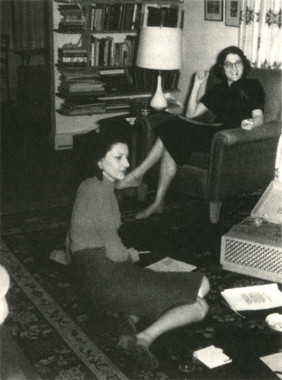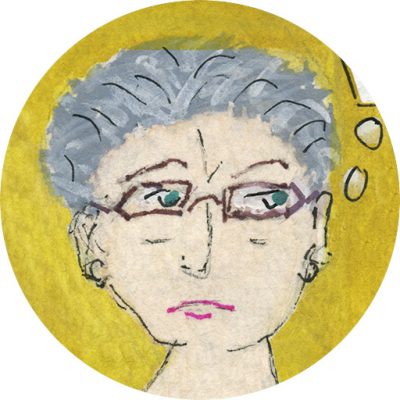Maxine Kumin died last week at age 88. In her typically thoughtful obituary, Margalit Fox highlights Kumin’s long life as a poet, teacher, mother, and friend.
Although I never met Kumin, I did correspond with her briefly when I edited an interview she had done with Diane Middlebrook about Anne Sexton in the early 1980s. Diane―who had been a friend of mine, though not at the time―was researching her biography of Sexton, and spent several hours with Kumin, discussing her relationship with Sexton. It was a famous friendship between two famous poets who met early in their careers.
In the late 1950s Ms. Kumin enrolled in a local poetry-writing workshop, where Ms. Sexton was also a student. They became such close friends, and such close readers of each other’s work, that each installed a dedicated phone line in her house on which to call the other. When writing, they left the receivers of the hook; the moment one finished a poem she would whistle into the open line, and the other would come running to hear it, a system that proved a supremely effective forerunner of instant messaging.

Sexton’s suicide in 1974 was shattering for Kumin, but she went on writing poetry, as well as essays, novels, short stories, children’s books, and a memoir.
Diane envied the friendship, and so did my friend Carolyn Heilbrun. Carolyn had admired Kumin for years and would have liked to write a book about her. Kumin demurred. Carolyn described her admiration for Kumin in “Unmet Friends,” an autobiographical meditation from The Last Gift of Time (1997).
For me Kumin has been a woman, vital to my sixties, whom I know in a way no biographer or friend can know her: she is her poems and essays, and what I choose to make of them. At its simplest level, she is what I might have wished to become but never could; her life seems to me a very heaven, intermingling animals and poetry.
During my brief email correspondence with Kumin, I learned that she and Carolyn had dinner together at some point in the Village. Carolyn, moreover, blurbed Kumin’s 2000 memoir, Inside the Halo and Beyond: “Here is a singular story of survival, an earthly miracle wrought by family devotion, gardens, horses and guts. A compelling read.” I was astonished to learn that Carolyn had finally met her unmet friend.
What we don’t know about our friends!
I (stupidly) did not save our emails, so I cannot recall exactly what Kumin told me about their encounter. Kumin did say, however, that she had been intimidated by Carolyn’s erudition. Since Carolyn had committed suicide not long after that meeting, I asked Kumin whether Carolyn seemed depressed. She said yes.
Toward the end of the obituary, Fox observes that Kumin’s work asks how, how “can one weather the losses life’s course makes inevitable?” For Kumin the answer “lay in the promise of continuity from generation to generation.” And in closing Fox quotes from a poem inspired by one of Kumin’s grandchildren.
So here is where Carolyn’s beliefs diverged dramatically from Kumin’s: Carolyn’s grandchildren, it would seem, did not help her deal with the kinds of losses she had to have felt when she decided to leave the world. Her fantasized identification with the poet ended there.
Are biological generations our only buffer against loss? Without children and grandchildren, I have come to think, or at least hope, that friends themselves―especially our younger friends―also offer that promise of continuity and solace. The value of friendship between women is one of feminism’s most precious gifts, even if in the heat of debate we sometimes forget just how precious it is.
